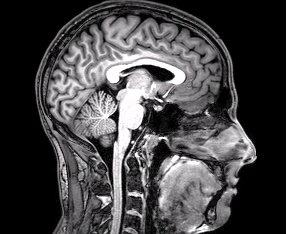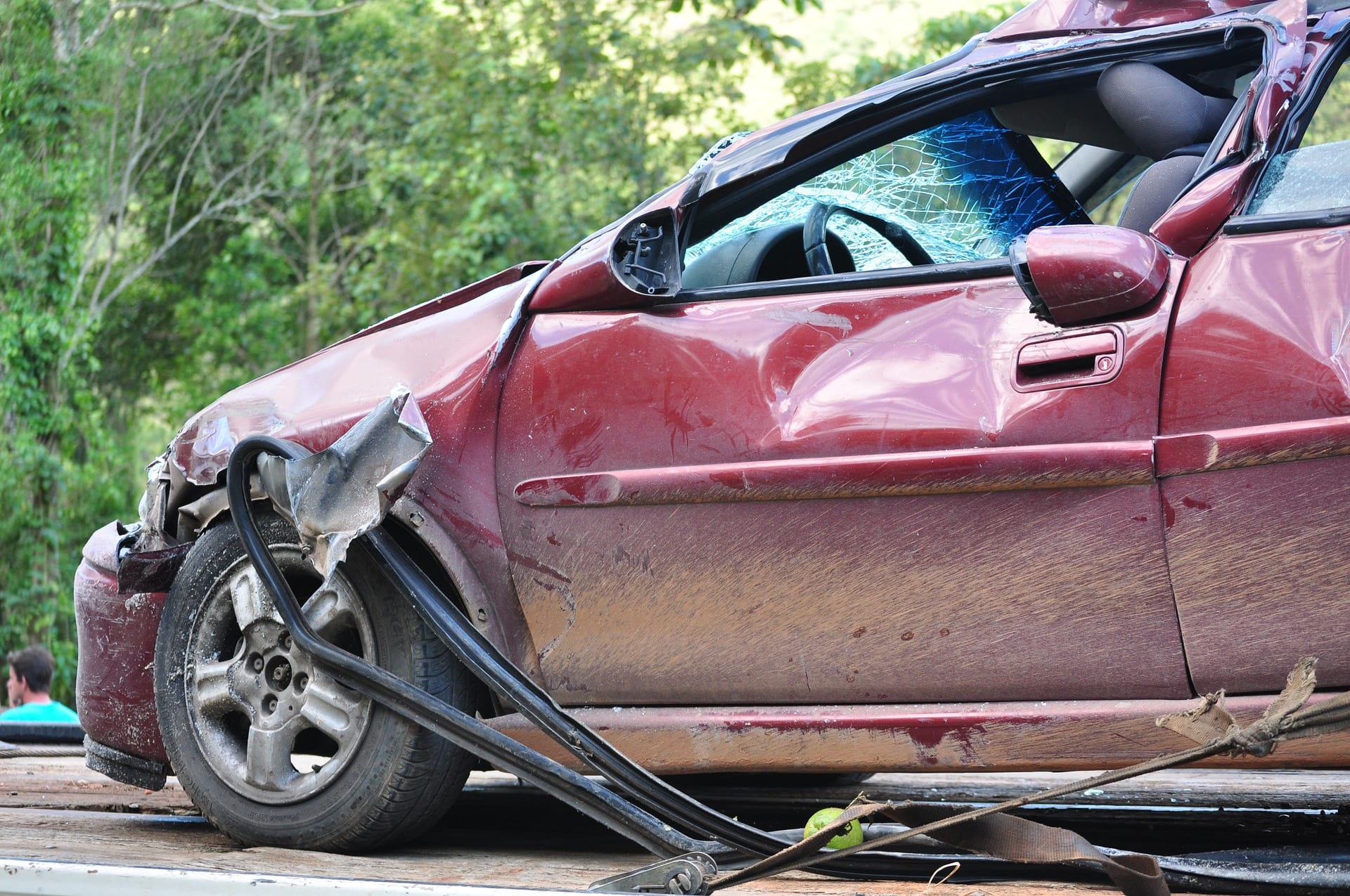You must not pay compensation to the other involved party out of your own pocket. For a variety of reasons, this is a big mistake, especially for your car accident claim.
Many people make innocent missteps when filing car accident claims. While most of these mistakes may appear minor, they can substantially damage a personal injury case. It can also reduce the compensation amount.
If you’ve been injured in a car accident and want to file a claim, make sure you do not make these eight common and costly errors.
1. Taking Too Long to File a Car Accident Claim
A statute of limitations is a time restriction that sets a limited amount of time for individuals involved in a dispute to submit a legal claim. Each statute will vary from state to state.
In California, filing insurance claims is two years from the date of the accident. You don’t have to settle your claim within that time frame, but it must be filed within those two years.
The same two-year rule also applies to wrongful death cases. However, instead of the countdown beginning on the day of the accident, it would start once the victim has passed.
After the statute expires, you can still submit a car accident claim. However, the case is likely to be dismissed, and the opportunity to recover compensation is lost.
2. Failing to See a Doctor
This may appear like an uncommon mistake, but car accident victims often choose not to receive medical treatment after a collision.
After a vehicle accident, you may feel fine enough to not be seen by a doctor, or you may want to treat minor injuries at home to avoid paying for expensive medical bills. Regardless of how minor or severe your injuries appear, always see a medical professional.
In order to accurately diagnose bodily damage, you must be seen by a doctor. Unfortunately, if you don’t receive medical treatment following an accident, the consequences could be dire.
Some serious injuries aren’t as noticeable as others. Head trauma, like TBI (traumatic brain injury), could result in long-term brain damage or even death.

Furthermore, insurance adjusters could present the argument that your injuries were minor and reduce your settlement — or reject your car accident claim entirely.
It’s your duty as the claimant to present evidence of your injuries. A doctor’s visit will provide formal documentation and give credibility to your case.
3. Not Reporting the Accident to the Authorities
People frequently fail to report their accidents because they do not know that they should.
This step is important because a police report is utilized as evidence in a personal injury claim. Even if you are not sure if you want to pursue legal action, the other involved party may. If you were not at fault, that police report would indicate your innocence and potentially protect you from a lawsuit.
Additionally, notifying the authorities and having a police presence at the scene of the accident will help keep all involved parties calm, preventing further altercation or confrontation.
4. Lacking Sufficient Evidence for a Car Accident Claim
Failure to see a doctor after an accident is part of a wider issue: failure to gather sufficient proof for your car accident claim. The best evidence you can have for your claim is hard proof. Examples include certified medical documents, letters, images, and police reports.
After the accident, gather as much evidence as possible. Take photos of your injuries, damage to the vehicle, and private property at the collision scene.
Request a copy of the police report from the scene of the accident.
5. Panicking
It is natural to feel frightened and anxious if you are involved in a car crash. Although maintaining complete composure is unlikely, you will want to avoid overreacting and escalating the situation.
Avoid interaction with the other party until you must communicate. This is important for two reasons:
- First, you want to avoid confrontation and pinning the blame on someone.
- Secondly, anything that is said can be used against your case.
The only matters that should be discussed are exchanging phone numbers and insurance information. Aside from that, let the authorities take control of the situation.
6. Paying Out of Pocket
You must not pay compensation to the other involved party out of your own pocket. For a variety of reasons, this is a big mistake, especially for your car accident claim.
Proving liability in a crash is difficult. If the other driver claims you were at fault and is pressuring you to pay for their medical expenses or property damage, don’t. Oftentimes, all parties involved are responsible for an accident.
Therefore, even if you were partly to blame, you may not owe compensation. Or, the evidence may prove that you were not at fault at all and are, instead, entitled to compensation.
Also, to ensure all legal matters are in order, no form of payment should be exchanged until the insurance companies and personal injury attorneys have been included in negotiation discussions.
7. Accepting the First Insurance Offer
Following a car accident, the other party’s insurance company will contact you. They will attempt to do this before you have consulted with a car accident lawyer and offer an early settlement.
Insurers have a goal to settle car accident claims quickly and at the lowest possible amount. Their offer may initially appear enticing, but it’s important that you do not accept their settlement.
The initial proposal does not typically account for future medical expenses, lost wages, pain and suffering, or other damages. These are all factors that the average person is not familiar with, so they assume they are getting a good deal when first speaking with insurance adjusters.
Once you have accepted an early payment from the insurance company, they will require you to sign a release waiving your rights to file a lawsuit or seek additional compensation.
Before speaking with insurers, consult with a car accident lawyer for legal counseling. An attorney will help you navigate the complicated and tricky legal proceedings that insurance companies often put victims through.
8. Representing Yourself
People who file a car accident claim may attempt to save money by negotiating the case on their own. That involves taking on the car insurance company and lawyers with significantly more experience in personal injury and insurance law than the average person.
They deal with vehicle accident cases every day. So they know how to settle them swiftly and in their clients’ best interests. Having an experienced car accident lawyer on your side will help you determine what type of evidence will best support your case and get you the compensation that you deserve.
At The Law Offices of Daniel Kim, we fight for our clients’ rights so they don’t fall victim to these common missteps.
If you were injured in a car accident and considering legal representation, contact our office today. We offer a free case evaluation and will provide you with the answers you need.
LegalReader thanks our friend Daniel Kim for permission to republish this piece. The original is found here.


Join the conversation!